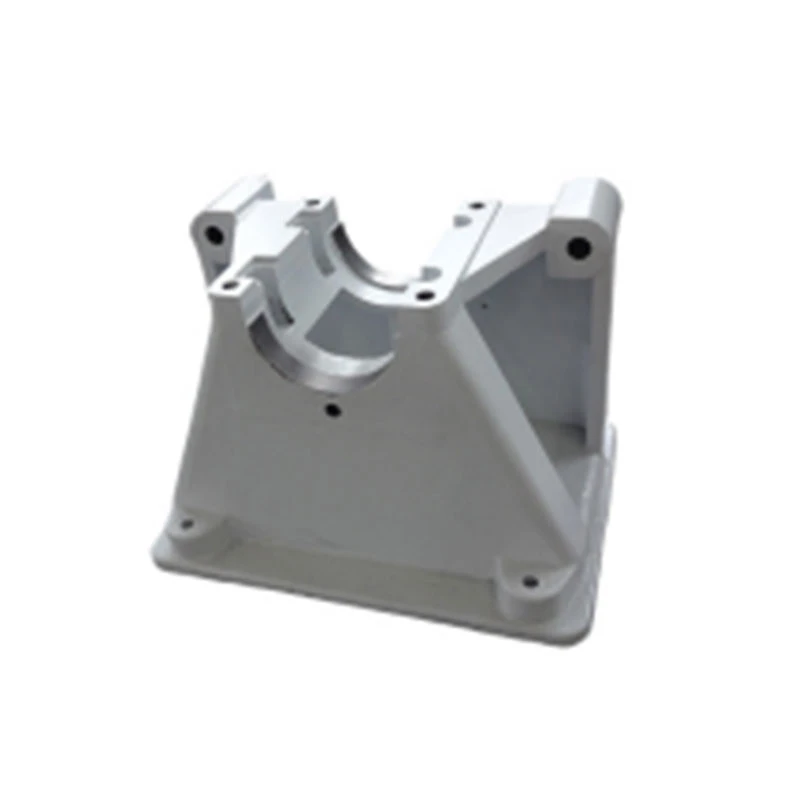The reluctance of dogs to eat medicine is a common issue that stems from various reasons, and understanding these factors is crucial for successful treatment. First and foremost, dogs have a natural instinct to avoid substances they find unpalatable or unpleasant. For many dogs, the taste of certain medications can be off-putting, leading to resistance when offered pills or syrups. This aversion is often heightened when they associate the medication with negative experiences, such as a visit to the veterinarian or discomfort.




